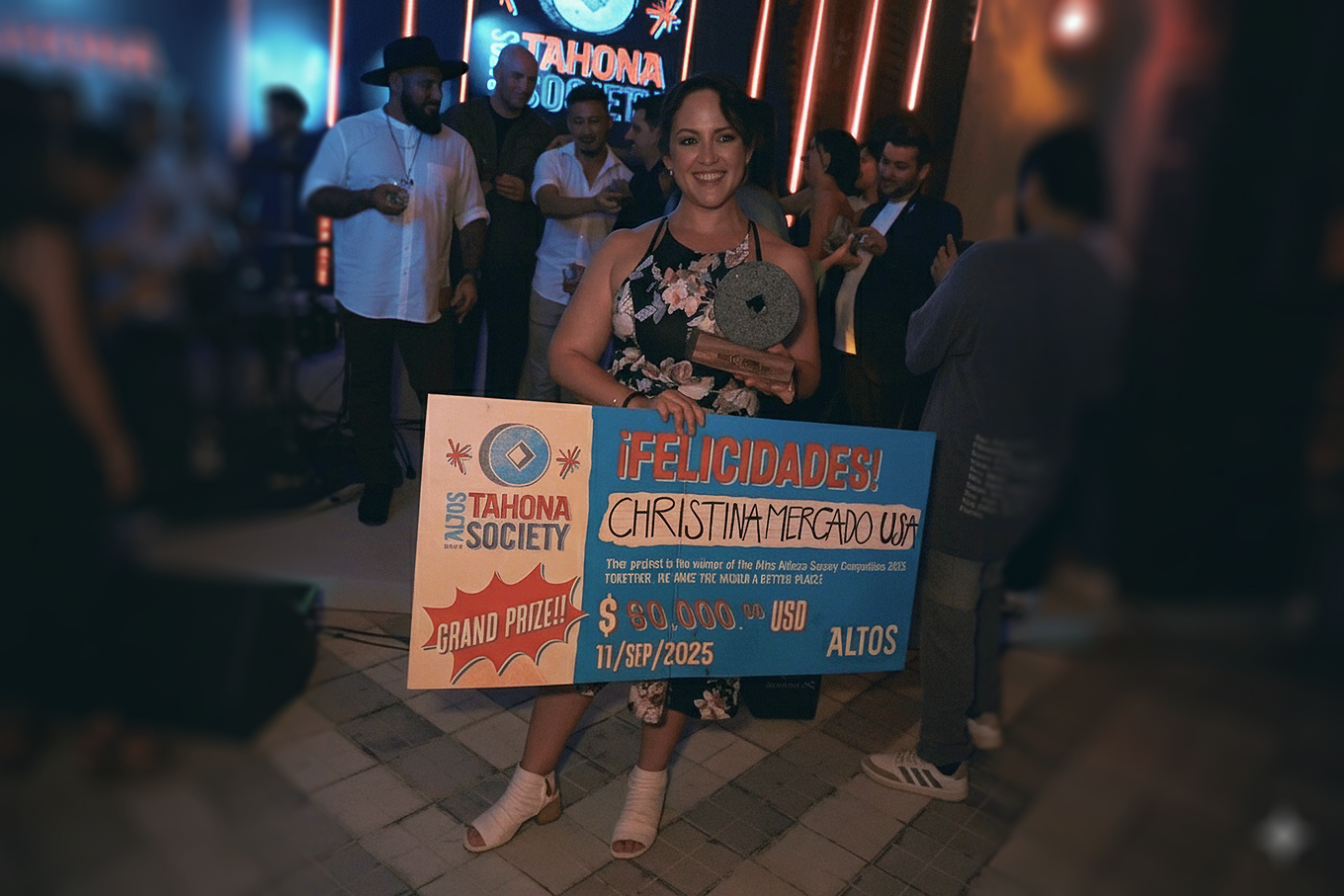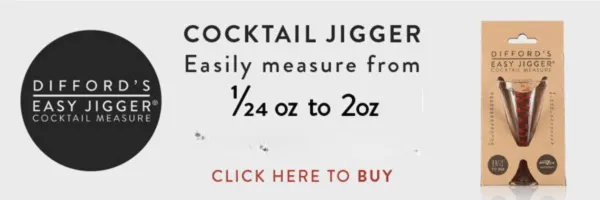Words by Theodora Sutcliffe

For Christina Mercado, who recently won the 2025 Altos Tahona Society Competition, her entrepreneurial future has been a long time in the making. She first started work on C-Sweet (@csweetsyrups), a no-sugar and low-sugar syrup brand, just before the start of the pandemic.
Seeking sweetness
Mercado, who trained as a chef and worked as a pastry chef before becoming a bartender, started experimenting with natural sweeteners and syrups after her mother was diagnosed with cancer and adopted a low-sugar diet. She found herself in the paradoxical position of working with sugars day in, day out, while also seeking natural ways to help her mother, who wouldn't take artificial sweeteners, replace sugar.
'Sugar is a natural product,' she says. 'We grew up eating sugarcane. I'm Puerto Rican by heritage and I remember my mom cutting sugarcane and giving it to us as candy, so I know it's not sugar itself that's bad, it's what we've done to it.'
Mercado is evangelical about the different alternatives to our current sugar system. 'The impact of cane sugar on the environment is currently in a really terrible state,' she says. 'Mainly because of the overharvesting, the overrefinement, the overproduction: It's something that's both bad for us and our bodies in its refined state and bad for the environment, because the land isn't being taken care of.'
C-Sweet's current formulation utilises sweeteners including stevia and monk fruit to produce healthier, lower glycaemic index (GI) syrups and cordials. And Mercado is actively looking for more sustainable suppliers and a more sustainable approach across the board.
'I'm thinking about shipping, packaging, the sustainability of the product as a whole, and particularly reducing waste,' she says. 'We make citrus cordials, so what happens to the orange peels? If I make a chocolate bar with candied orange peels-or a ganache-now I have a product and that's not waste.'
Talking business
Mercado's Tahona Society journey equipped her not only with mentors for the next stage of her business development but with $50,000 to invest in her business, and she's currently working out how to allocate that budget over the next few months.
'The first phase is really getting straight into production. I've gone through a whole lot of meeting with people in my local industry, giving them samples, working with them, so now I need to get it into their hands via retail and distribution,' she says. 'I need to find a contract with a commercial kitchen that can take it on as a long-term project so I can focus on getting out and meeting people.'
Her other priority, alongside getting two products launched by 2026-a simple syrup and an orange cordial-is to clarify her branding. 'I want to make sure that the message of what the company is is clear,' she says. 'I'm getting assistance because that has not been something I've ever focused on, and I want to make sure I'm approaching it in the right way.'
Appropriately given the brand's name, Mercado studied for an MBA after culinary school, and that ability to wrangle spreadsheets is coming in handy as she develops her brand.
'During the first decade of my career, I probably used very little of it, but I think what helped me move faster through my career was that education,' she says. 'Being able to understand P&Ls and really dive into the numbers of a business, that helps you, when you're on the management side, even as a chef, and I think having that foundation helped me shift through the different career moves.'
Her business training also helps anchor her in her current day job, consulting on developing beverage programmes for a yacht club in the Caribbean. 'The creative is always fun and engaging,' she says. 'But, really, at the end of the day if it doesn't make financial sense for the company, it's not going to be sustainable long-term.'
Finding community
One of the elements Mercado values most about the Tahona Society competition experience was the chance to meet and mingle with her peers in Guadalajara. All finalists shared online conversations and sessions, but due to time zone changes and work schedules, for most it was only in Guadalajara that they connected and became friends.
'Altos really thought a lot about the programming holistically: They wanted to make sure we were engaged with each other,' she says. 'We got opportunities to try different foods, to chat, we did wellness sessions which I thought were really awesome. So they were really thinking about how to help us holistically as people in our experience and not just as competitors and product.'
Mercado's biggest learning was, she says, the ability to share. 'When you're first starting a business or you have any idea in general that you want to bring out into the world, there's a sense of apprehension and you get very nervous: Is this idea good enough?' she says. 'Being part of a programme like this and going through it with other people who are likely feeling the same things just calms a lot of that and gives you a lot of courage and encouragement to move forward.'
And, for anyone contemplating entering next year, Mercado is adamant that age is not a barrier. 'Don't ever think it's too late. Like I said, I really did put this idea on a shelf years ago,' she says. 'Even now, when I first started, I was like, oh, is it too late already? But you don't know until you try, and you don't lose anything by trying.'





Join the Discussion
... comment(s) for Christina Mercado
You must log in to your account to make a comment.